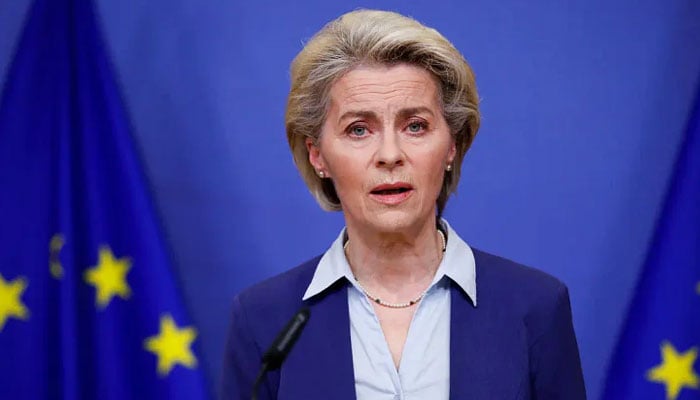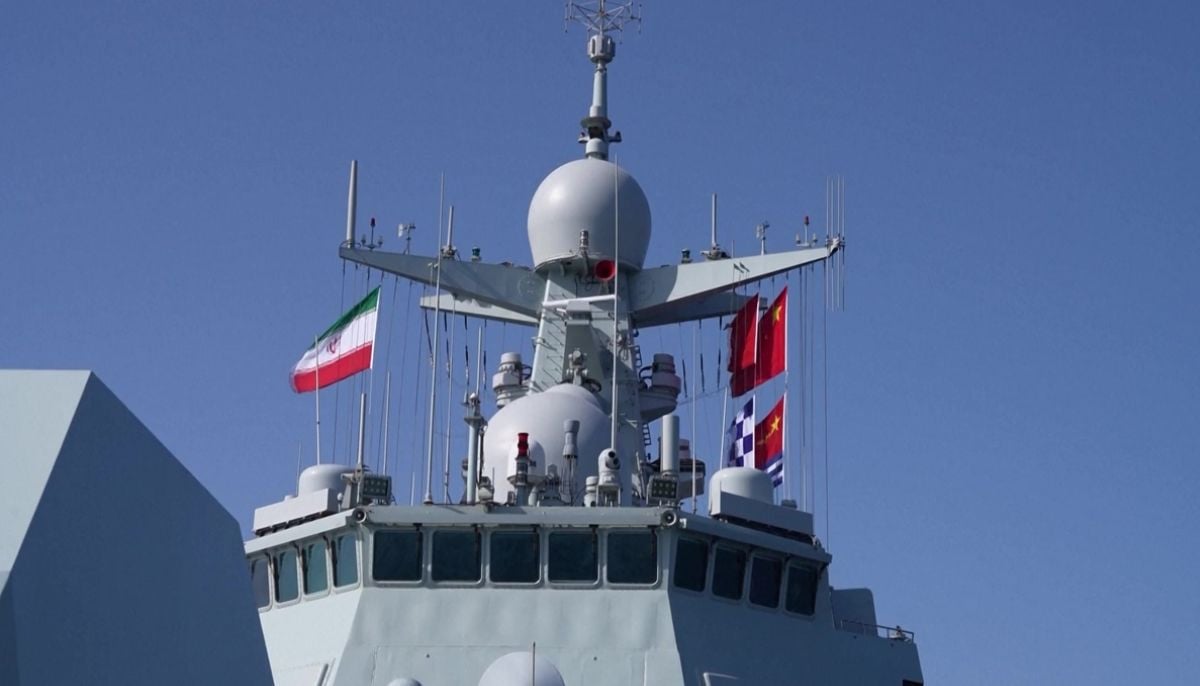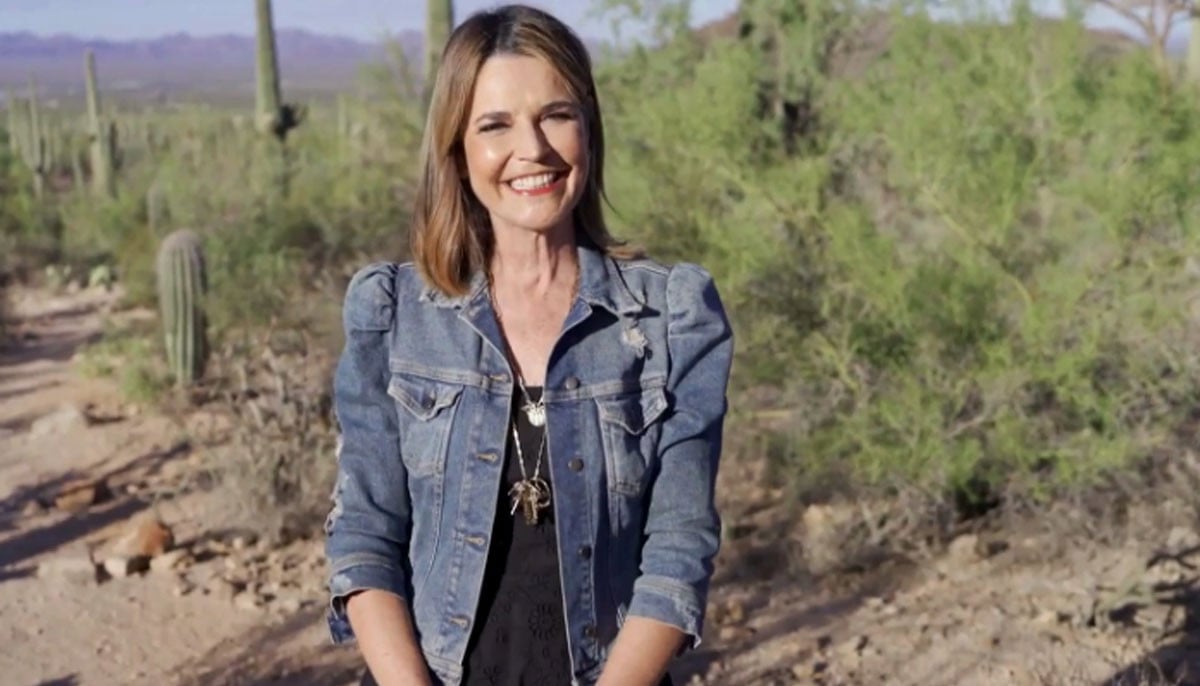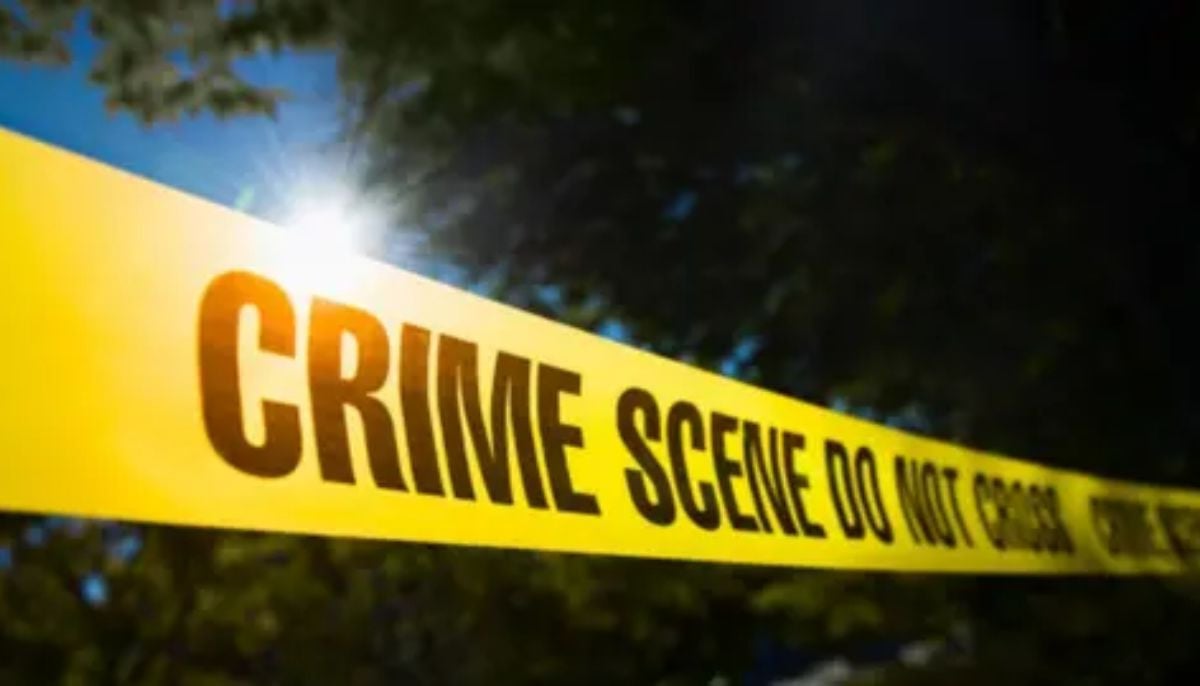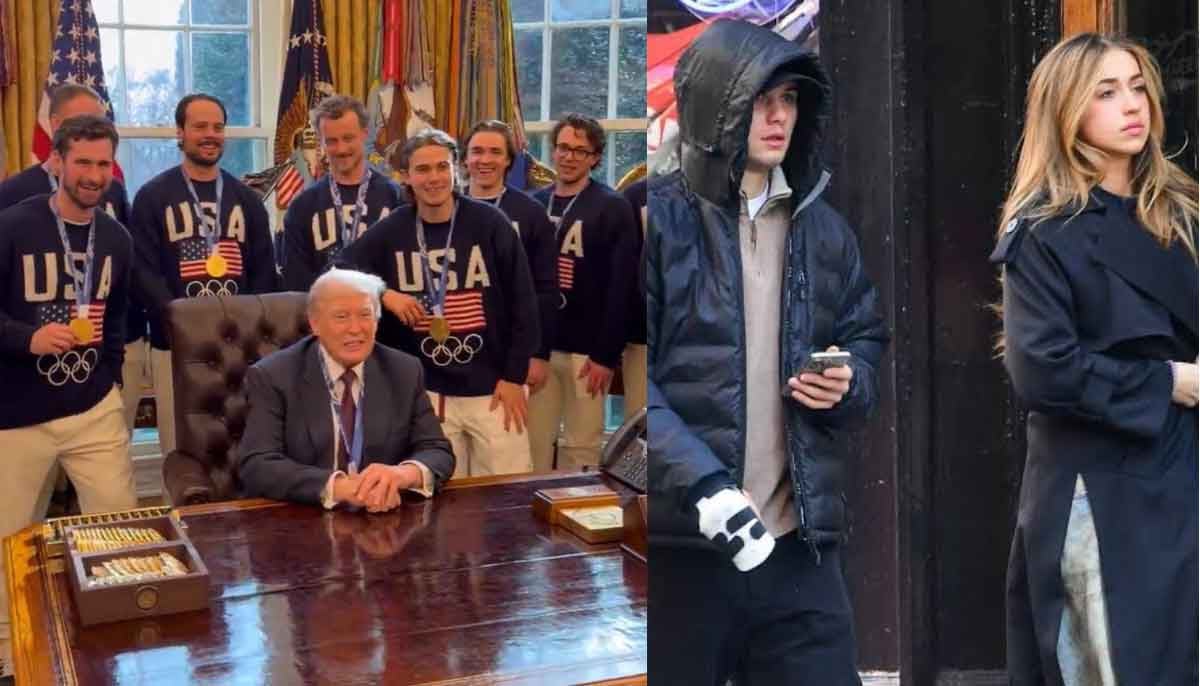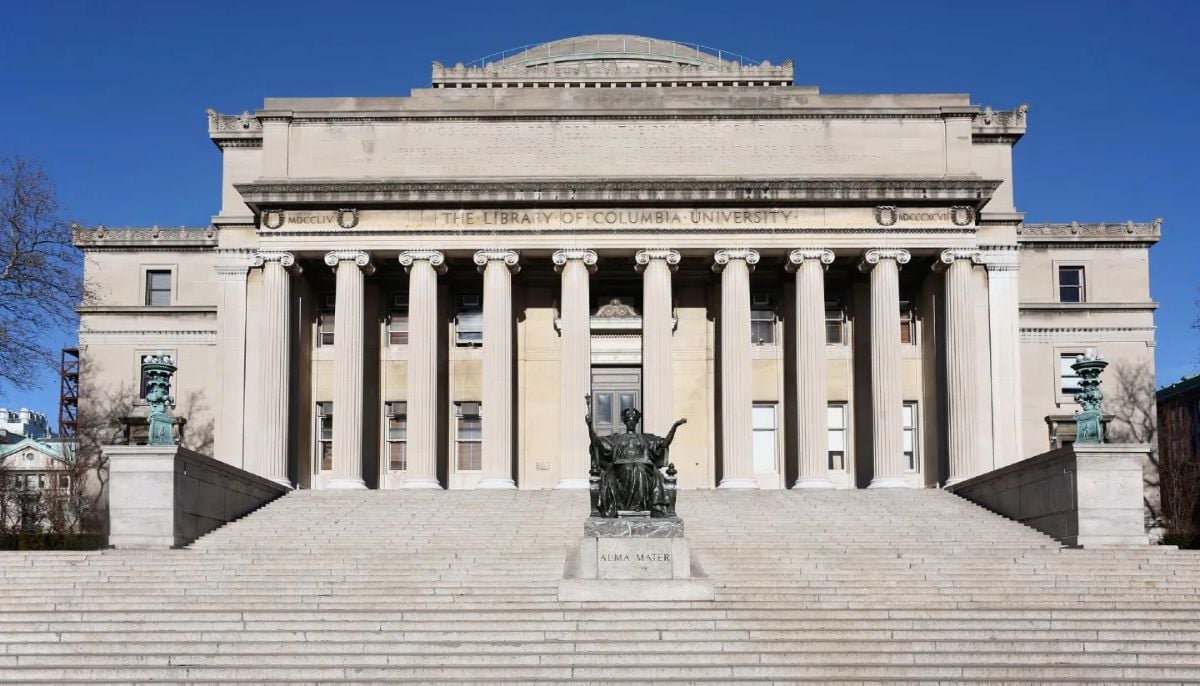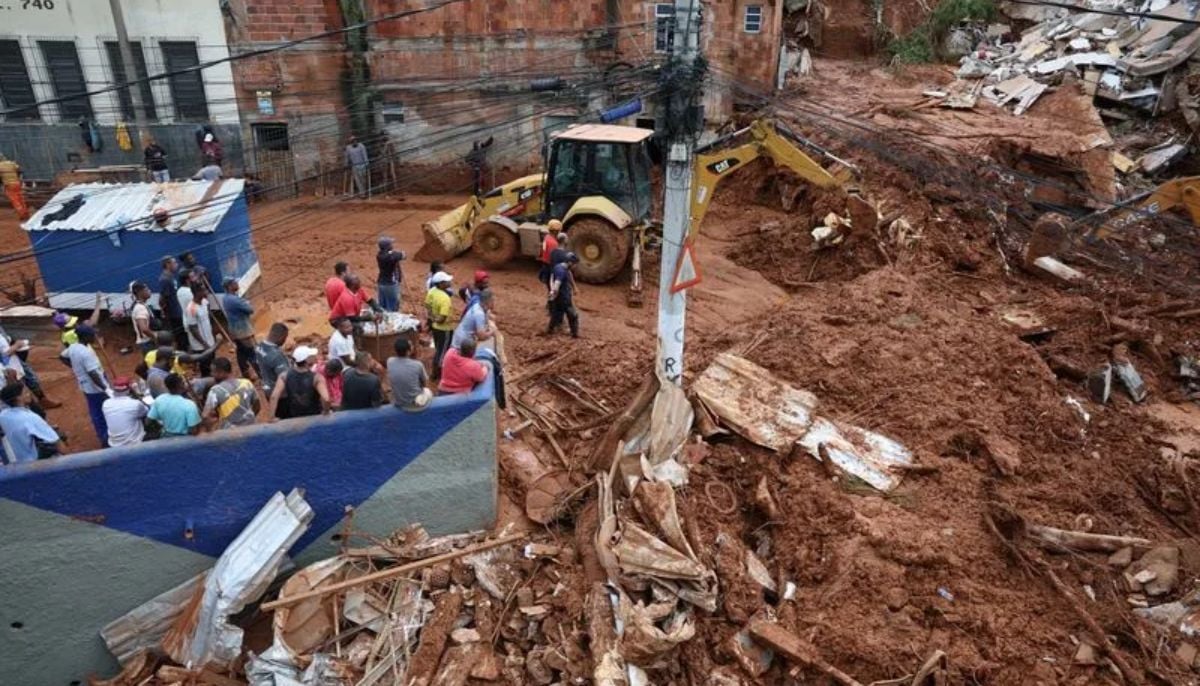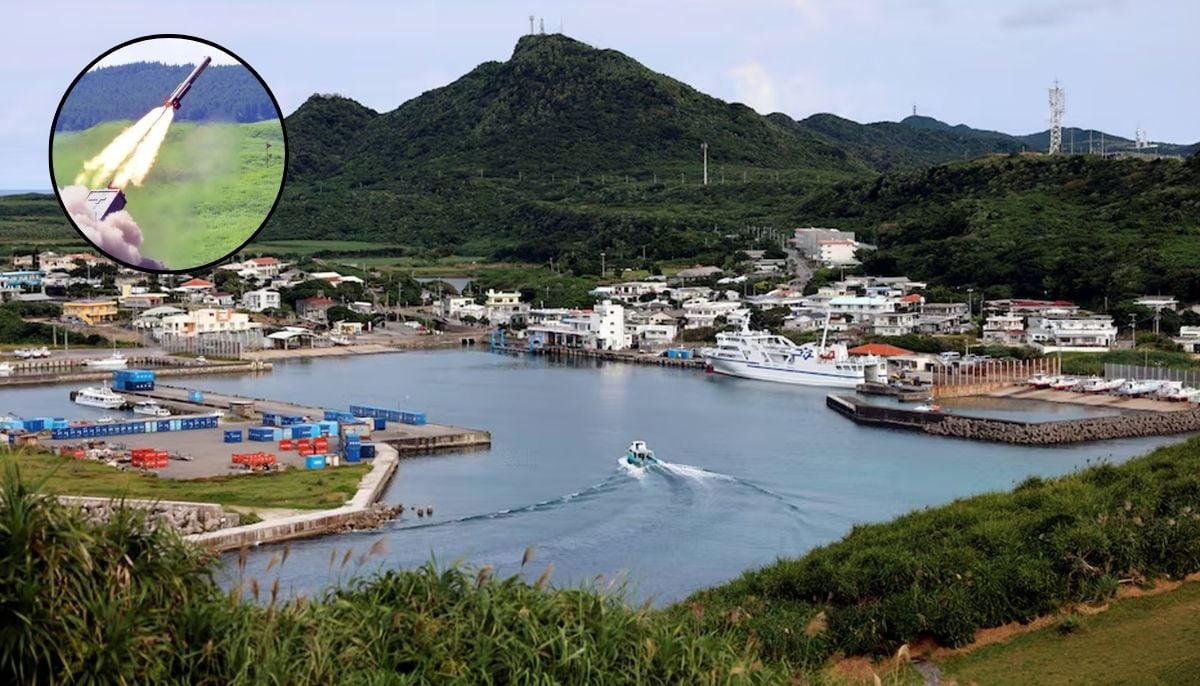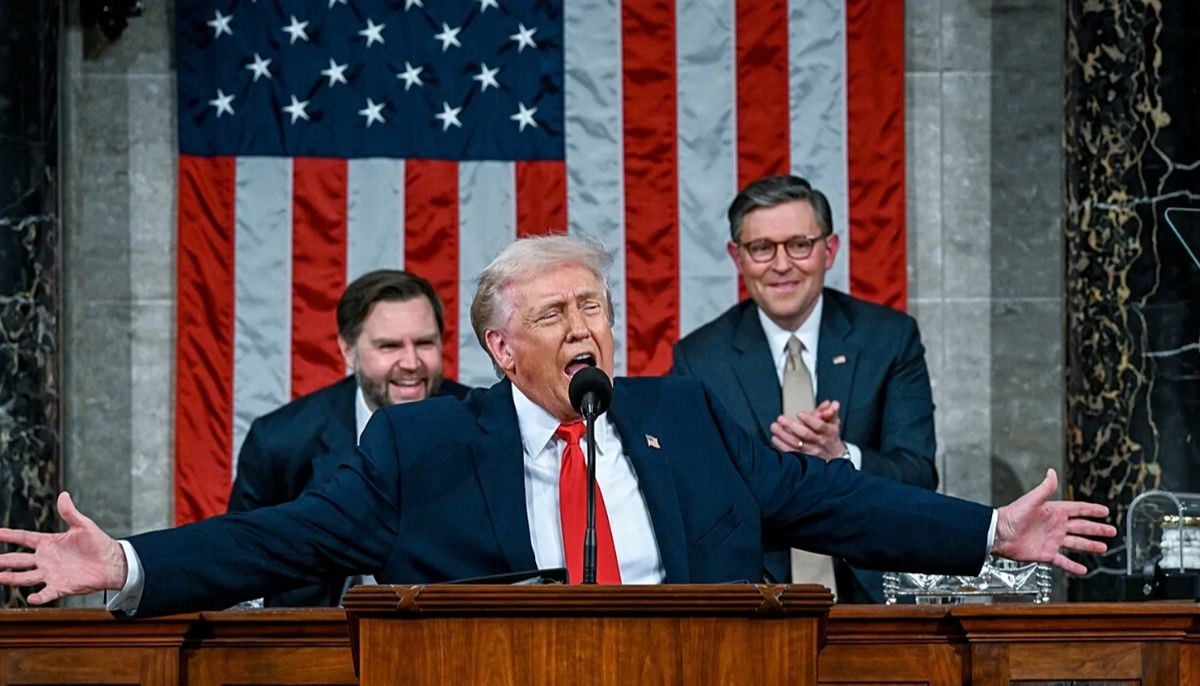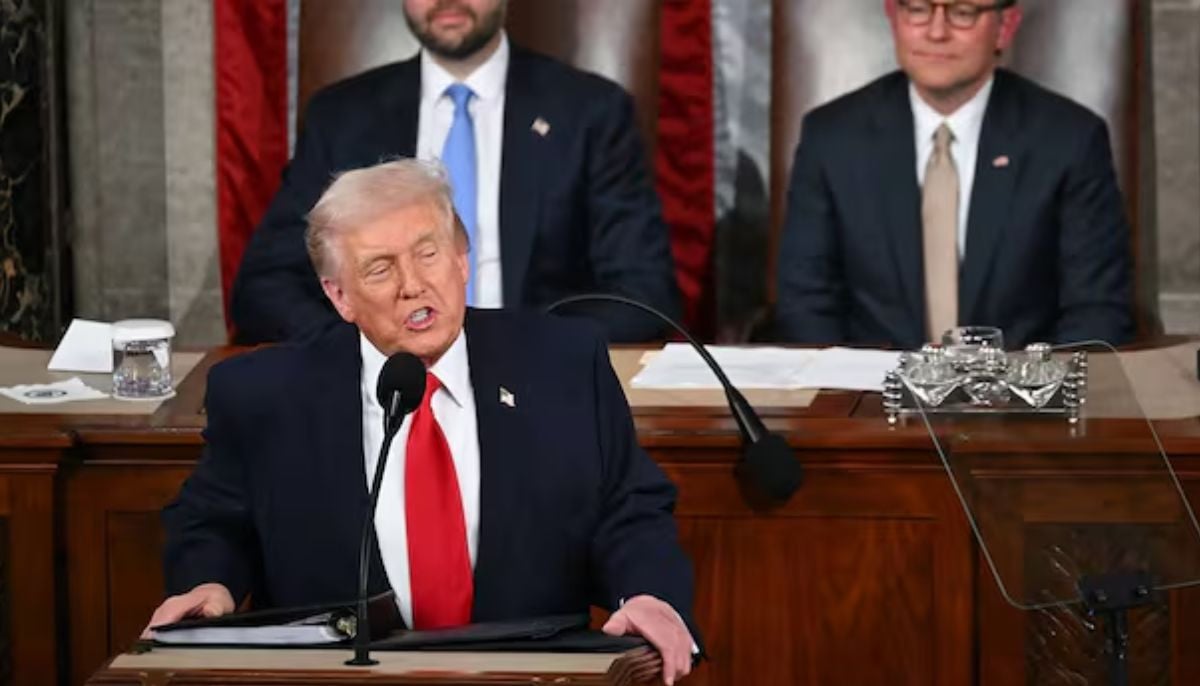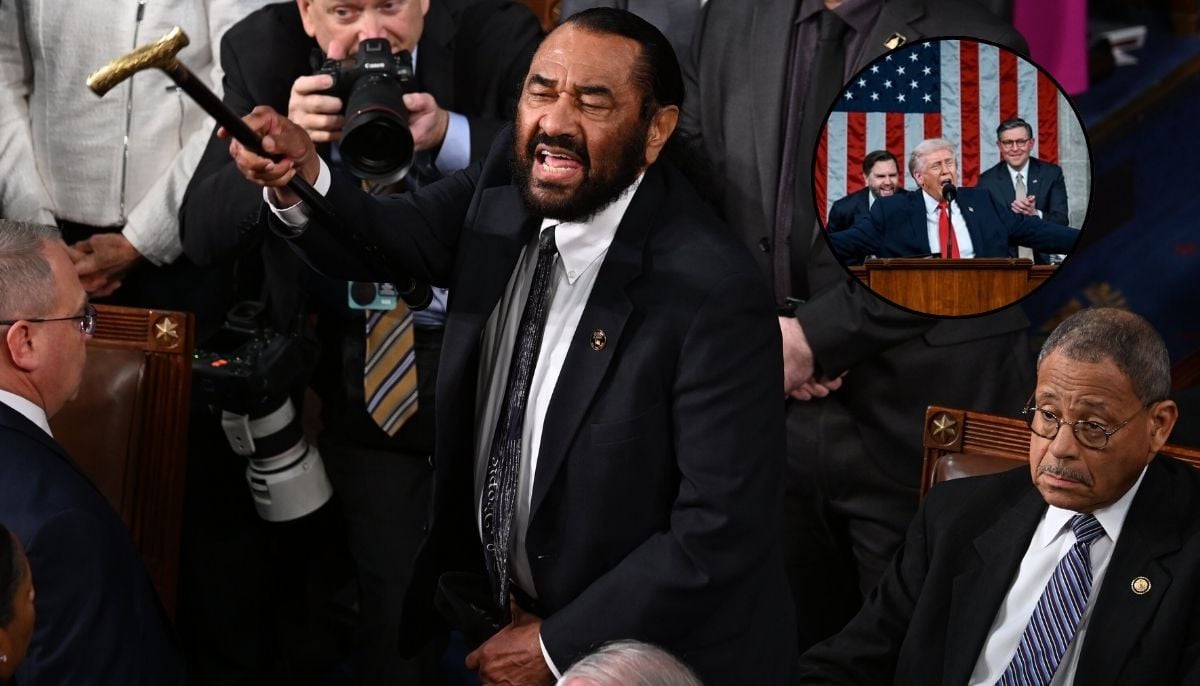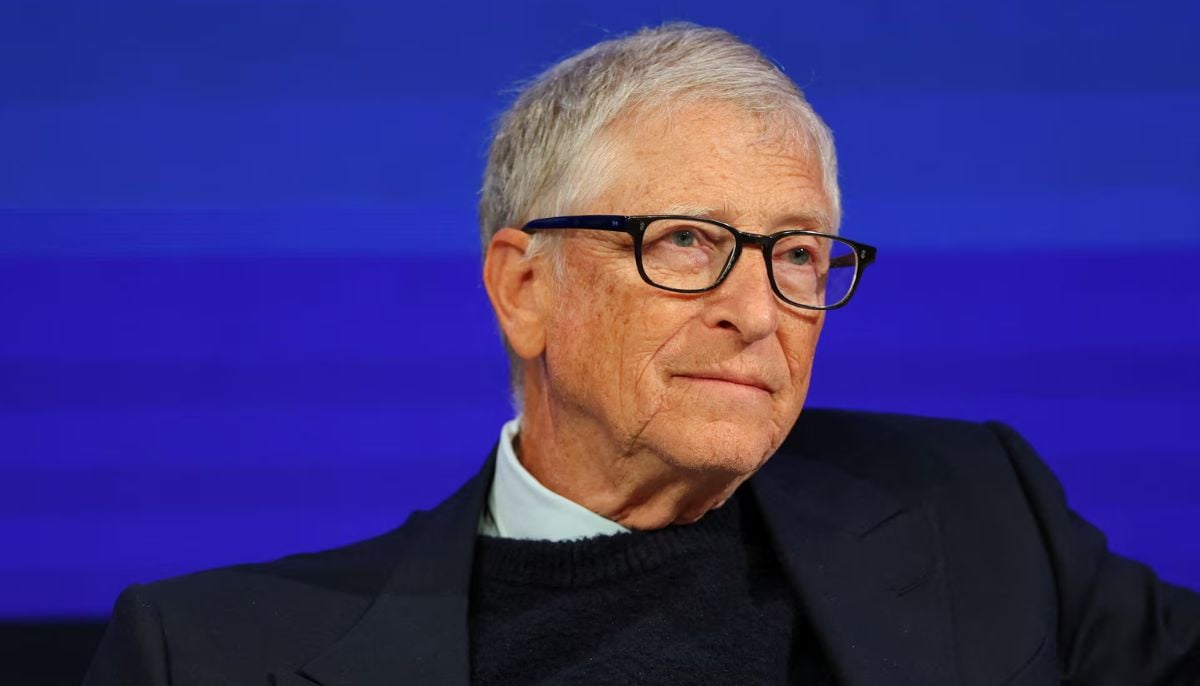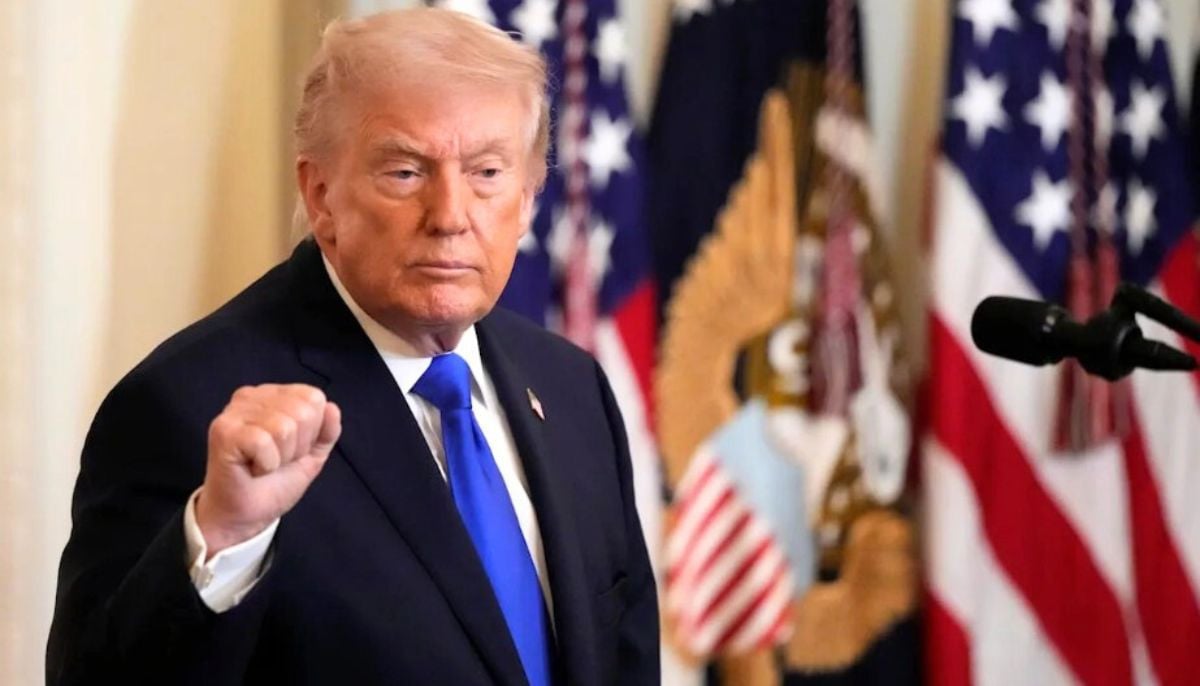EU defies gas 'blackmail' as Russia pushes deeper into Ukraine
"It comes as no surprise that the Kremlin uses fossil fuels to try to blackmail us... Our response will be immediate, united and coordinated," says Ursula von der Leyen
KYIV: The European Union has warned Russia it will not bend to "blackmail" over its support for Kyiv after the Kremlin cut off gas supplies to Bulgaria and Poland.
The warning on Wednesday came ahead of UN chief Antonio Guterres arriving in Kyiv to meet Ukrainian leader Volodymyr Zelensky following talks with Russian President Vladimir Putin in Moscow.
Putin issued his own warning the same day, saying that if Western forces intervene in Ukraine, they will face a "lightning-fast" military response.
"We have all the tools for this, that no one else can boast of having," the Russian leader told lawmakers, implicitly referring to Moscow's ballistic missiles and nuclear arsenal.
"We won't boast about it: we'll use them, if needed. And I want everyone to know that," he said. "We have already taken all the decisions on this."
The dire threats came as Moscow claimed to have carried out a missile strike in southern Ukraine to destroy a "large batch" of Western-supplied weapons.
As the war, which has already claimed thousands of lives, entered its third month, Kyiv conceded that Russian forces had made gains in the east.
Russia's military offensive saw it capture a string of villages in the Donbas region, now the focus of its invasion.
And in its economic standoff with the West, Moscow cut off gas supplies to Bulgaria and Poland, two EU and NATO members backing Ukraine in the conflict.
However, Ursula von der Leyen, the president of the European Commission, said Poland and Bulgaria are now receiving gas from their EU neighbours.
'Blackmail'
She described the announcement by Russia's state energy giant Gazprom as "another provocation from the Kremlin".
"It comes as no surprise that the Kremlin uses fossil fuels to try to blackmail us... Our response will be immediate, united and coordinated.
"Both Poland and Bulgaria are now receiving gas from their EU neighbours," she said. "The era of Russian fossil fuels in Europe will come to an end."
EU officials said energy ministers from across the bloc will meet in an extraordinary session on Monday to discuss the situation.
European powers have imposed massive sanctions on Russia since Putin's decision to invade his neighbour, while shipping weapons to Ukraine's defenders.
But they have moved slowly on hitting Moscow's vast exports, with many EU members — notably industrial giant Germany — reliant on Russian energy to keep their lights on.
Putin has attempted to turn up the pressure by insisting that Russia will only accept payments for gas in rubles — hoping to force his foes to prop up his currency.
Gazprom announced the halt of gas to both Poland and highly dependent Bulgaria, saying it had not received payment in rubles from the two EU members.
But von der Leyen said that "about 97 percent" of all EU contracts explicitly stipulate payments in euros or dollars — and warned importing firms off paying in rubles.
"This would be a breach of the sanctions," she told reporters.
The European Commission, meanwhile, sought to lend Kyiv economic support by proposing a suspension of import duties on Ukrainian goods, though the idea still needs to be approved in a vote by the bloc's 27 members.
President Zelensky welcomed the plan, saying Russia was "trying to provoke a global price crisis" and stir "chaos" in the world's food market.
An IMF report issued Wednesday said the war had "significantly" impacted the Middle East and North Africa, with the crisis dealing a heavy blow to low-income countries dealing with surging inflation driven by rising food and fuel costs.
'Destruction and painful casualties'
The first phase of Russia's invasion failed to reach Kyiv or overthrow Zelensky's government after encountering stiff Ukrainian resistance reinforced with Western weapons.
The campaign has since refocused on seizing the east and south of the country while increasing the use of long-range missiles against west and central Ukraine.
Ukraine's Defence Minister Oleksiy Reznikov predicted "extremely difficult weeks" for the country amid "destruction and painful casualties" during the offensive.
In Kharkiv, whose northern and eastern districts are less than five kilometres from the front, at least three people died and 15 were injured in shelling, Governor Oleg Synegoubov said Wednesday.
Defenders of the besieged Azovstal factory in the strategic port city of Mariupol described massive bombardments, with Sergey Volyna of the 36th Marine Brigade pleading for extraction for the 600 wounded soldiers and hundreds of civilians he said remain trapped there.
Russia's defence ministry, meanwhile, said its forces had destroyed a "large batch" of weapons and ammunition supplied by the United States and European countries.
Russia hit hangars at an aluminium plant near the Ukrainian city of Zaporizhzhia with "high-precision long-range sea-based Kalibr missiles", the ministry said.
Local authorities denied that weapons had been stored at the factory, which they said had not been operational for six years.
Tensions are also rising in Transnistria, a breakaway region of Moldova that borders southwestern Ukraine.
Pro-Russian separatists in the area claimed shots were fired across the border towards a village housing a Russian arms depot after drones flew over from Ukraine.
'Dangerous deterioration'
The unrecognised region has reported a series of explosions in recent days that it called "terrorist attacks", leading Kyiv to accuse Moscow of seeking to expand the war further into Europe.
Moldovan Foreign Minister Nicu Popescu called the events a "dangerous deterioration of the situation".
Popescu said the Transnistrian authorities announced they would prevent men of fighting age from leaving the region.
Russia's targeting of Western-supplied arms came as the United States and Europe started to heed Zelensky's call for heavier firepower.
Western allies remain wary of being drawn into war with Russia but have stepped up military support as Ukraine has maintained its fierce resistance.
In a Wednesday evening speech from London, UK Foreign Secretary Liz Truss made a fresh call for an increase in arms deliveries to Ukraine, including heavy weapons, tanks and planes.
The UN tourism body added to Russia's isolation on the international scene earlier in the day, as most of its 159 members voted to suspend it from the agency.
US President Joe Biden, meanwhile, is set to deliver remarks Thursday on "support for Ukrainians defending their country and their freedom against Russia's brutal war," the White House said.
Pledges of justice
Several countries and organisations, including the United Nations, on Wednesday pledged to bring the perpetrators of any war crimes committed during the invasion of Ukraine to justice.
Lebanese-British barrister Amal Clooney told an informal meeting of the UN Security Council she feared "politicians calling for justice but not delivering it."
"My fear is that you will get busy and distracted and that each day there'll be a little bit less coverage of the war and people will become a little bit more numb to it," Clooney said.
UN Secretary-General Guterres' Thursday trip to Kyiv is expected to include visits to the suburbs of Bucha, Irpin and Borodianka, sites of alleged war crimes attributed to Russian soldiers.
-
Nobel-winning scientist resigns from Columbia university after Epstein links revealed
-
At least 30 dead after heavy rains hit southeastern Brazil, 39 missing
-
Japan plans missile deployment near Taiwan by 2031 amid growing regional tensions
-
Trump delivers longest State of Union address in history: Inside key details on economy, security and global strategy
-
Trump’s 2026 State of Union address: Inside key takeaways, major policy shifts & top announcements
-
Rep. Al Green removed from House chamber during Trump’s State of Union address: Here’s what happened
-
Bill Gates breaks silence on Epstein links, ‘took responsibility for his actions’ during town hall meeting
-
President Donald Trump delivers the traditional State of the Union address to Congress
